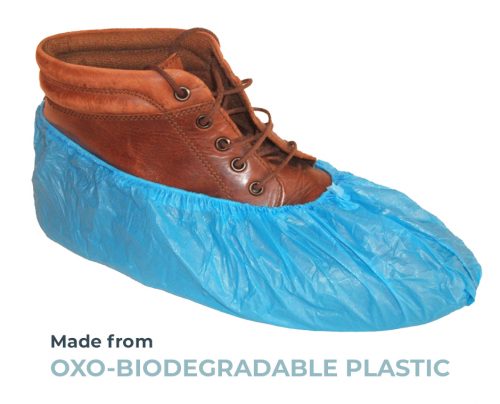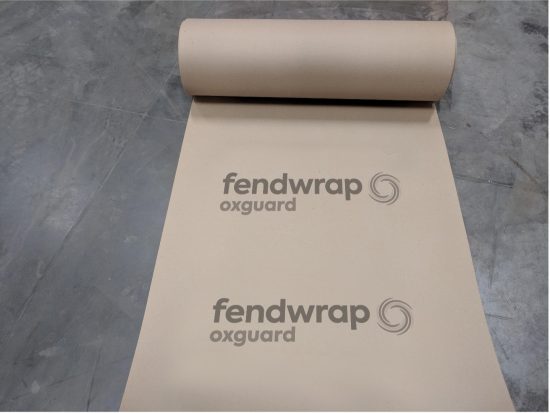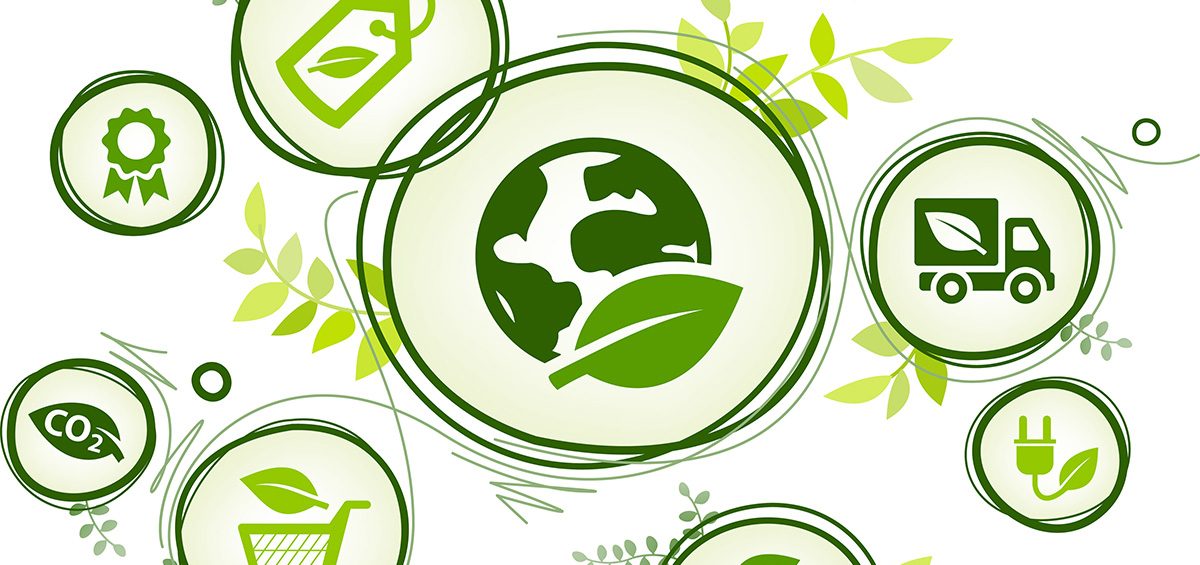We’re witnessing the biggest attitude shift the marine industry has ever gone through. You’re probably already aware that the sector has been slow on the uptake of improved environmental practices; even those with good intentions have often struggled to turn ideas into concrete action.
However, times are changing. Many of the sector’s biggest and best-known companies are now taking major strides towards more sustainable methods, materials, and marine maintenance. Businesses are beginning to prioritise the health and longevity of our planet, and we’re working hard to be right at the forefront with them.
Of course, there is no single right way to improve your sustainability credentials but having an awareness of where improvements can be made (and tackling them one by one) is a great way to start making meaningful changes. At Fendwrap, we’re currently focusing on expanding our sustainable practices and starting to develop important new ones.
Whilst the industry is still not where it needs to be in terms of sustainability, it’s certainly becoming a bigger part of the conversation. Things are moving in the right direction.
Better yet, this momentum is being backed by a clear shift in demand from clients, which means we can expect to see larger parts of the sector making sustainability a priority over the next few years.
So, where do things currently stand at Fendwrap?
Presently, the most sustainable product in our inventory is the Oxguard waterproof floor protection. Throughout the innovation process, we knew we wanted a product that was fully reusable and recyclable – both attributes are integral to the development of greener alternatives, and we were determined not to compromise on either.
Before Oxguard was released on the market, the only available equivalent was made of plastic fluted board (a product that is as environmentally harmful to produce as it is to dispose of).
Oxguard, on the other hand, is completely paper-based, meaning it has a much smaller carbon footprint. As it stands, it’s the most sustainable floor protection option currently available.
Make no mistake, though: paper-based does not mean flimsy! This heavy-grade protective solution had to stand up to several tests during development, including being stretched between two arctic trucks driven over with a pick-up truck, and sprayed down with a fireman’s hose. Choosing a more sustainable option shouldn’t mean accepting a lower standard – on the contrary: Oxguard is built to last! – and we think this product proves that.
What’s next on our sustainability agenda?
Sustainable Films
Films are vital to any build or refit project: they are one of the main modes of protection for surfaces, shielding against paint, scratches, chemicals, and more. That’s why we’re prioritising work on more sustainable film options because protecting yachts and protecting the planet shouldn’t be mutually exclusive.
To give you a taste of things to come, we’re currently exploring sugar cane and plant-based ethanol as alternative materials, along with biodegradable films and closed-look recycling systems for film wastage.
Biodegradable Overshoes

At Fendwrap, the core purpose of each of our products is to protect yachts against damage during refit, painting, or refurbishment projects. We try and provide as many different solutions as possible to make sure every job can run smoothly and efficiently.
As part of the yacht painting process, an inspector will visit once the job has commenced reviewing the quality and finish of the paintwork. To avoid the risk of residue being transferred – thus contaminating the work or surface – it’s standard for plastic overshoes to be worn by those onboard (inspectors included).
Once the job is finished, these overshoes are disposed of, and there is only ever one place they go: landfill. You don’t need us to tell you that’s unsustainable! So, in the spirit of proactivity, we set out to do something about it.
We have researched and sourced a product that is 100% biodegradable, which we intend to release as a replacement for the existing, more wasteful plastic overshoe options on the market.
We believe they’ll provide a solution to plastic waste found in the open environment: the material biodegrades to nothing more than CO2, water, and humus within months.
It leaves no harmful fragments in the soil and be recycled as part of the normal plastic waste stream. We’re hopeful that small, implementable swaps such as these can make big changes and look forward to spearheading further developments in the future.
Oxguard 2.0

As it stands, Maxboard is currently seen as the least sustainable product in our inventory. So, as part of our broader sustainability initiative, we’re setting out to replace it entirely with our next iteration of Oxguard.
Becoming more sustainable isn’t an overnight process: it requires steady, continuous change. That’s why we’re of the opinion that bettering the eco-credentials of a product is not a one-time thing.
By improving the durability and longevity of Oxguard, we hope to eliminate the demand for our older Maxboard product. Constant review and development are key to ensuring we’re offering the best quality products with the smallest impact on the planet.
Get in touch
We pride ourselves on the quality of our yacht protection products, and, as we strive towards more environmentally friendly options, we’re making sure this quality is maintained.
You can discover more about our existing range of Yacht Protection Solutions – including Oxguard – on our website.
Alternatively, you can contact a member of our expert team, or on +44 (808) 169 1242: we’re more than happy to talk through any questions you might have.



